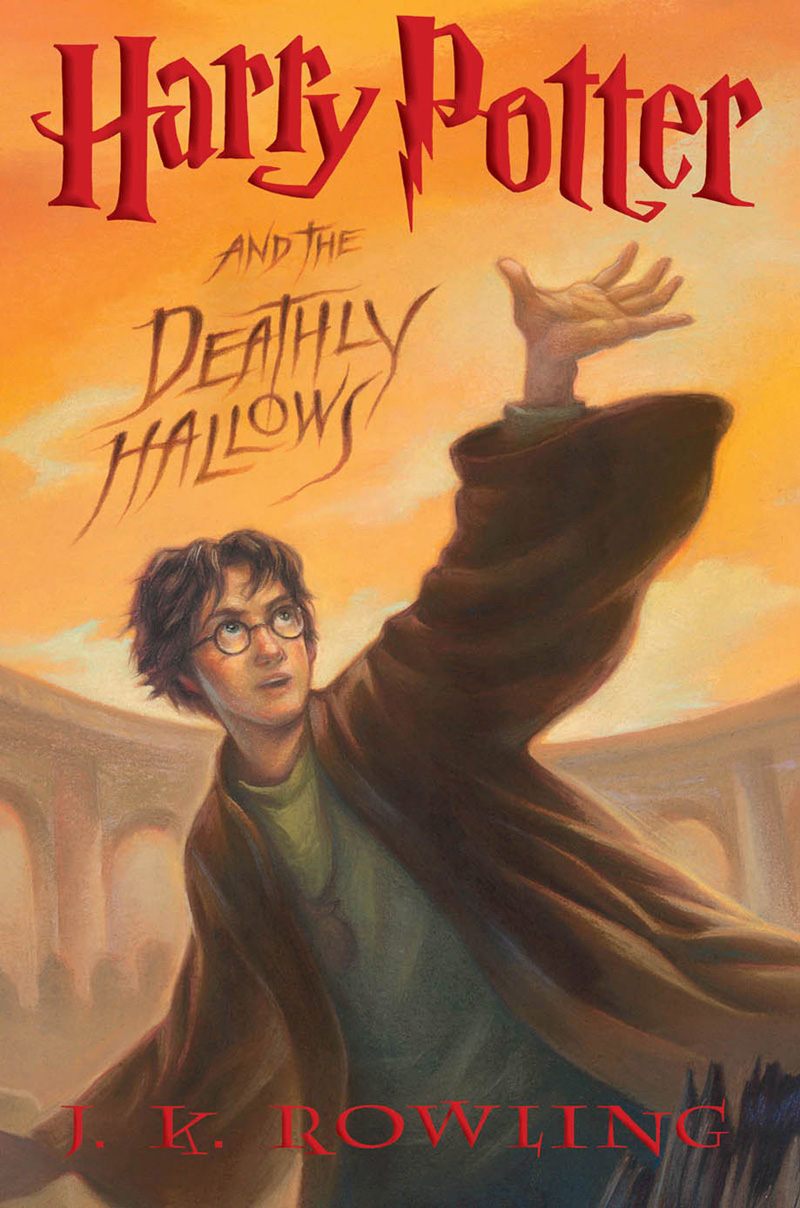Ambrosio plays the feminized character during the selection from The Monk. In the section from Chapter 2, he admonishes himself not to give in to “temptation” and “the seduction of luxury and desire” (Norton 596). The idea of not giving in to temptation or not being seduced is one generally associated with the virtuous woman. In the scene from Chapter 8, Ambrosio is described as being “more timid” than a woman, which allows Elvira to get the best of him at first. Elvira in this scene acts the more masculine part, declaring ‘“I will secure [Antonia]” and threatening to expose Ambrosio’s attempt to rape Antonia to all of Madrid (Norton 599). When he kills her it is out of desperation and fear; he is operating from a position of less power, which is typically the female role.
This selection of The Monk supports the claims of Anna Letitia Aikin and John Aikin because it both compels the reader to satisfy her curiosity and stimulates the imagination. Lewis makes it clear in Chapter 2 that though Ambrosio is held in very high esteem as a virtuous monk, he has human flaws, namely vanity and lust. His unconventional lust for the painting of the Madonna coupled with his great pride makes the reader want to read on to see how these qualities will combine to bring about Ambrosio’s fall from grace. These qualities also enlarge the reader’s imagination because monks are often thought of as so virtuous that they are above normal human weakness; Lewis’s Ambrosio refutes those ideas. The Aikin’s two ideas of gothic allure are combined in the Chapter 8 reading because the reader must have her curiosity satisfied as to what happens when Ambrosio tries to rape Antonia, and she is continually having her conceptions of what a monk should be shattered.
The feeling I get from reading this is one of horror more than terror. Terror reading occurs more when the reader is forced to identify with the hero or heroine who is passive and who doesn’t know what is going on. In this scene Antonia is passive, but the reader is forced to identify more with Ambrosio because the story is told from his point of view. He is the monster in this scene, and it gives the reader a sense of horror to identify with the monster and to know what he is doing or what his intentions are.













No comments:
Post a Comment